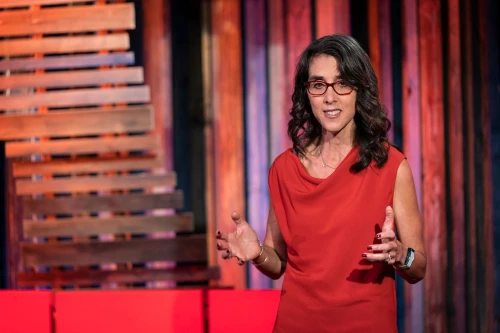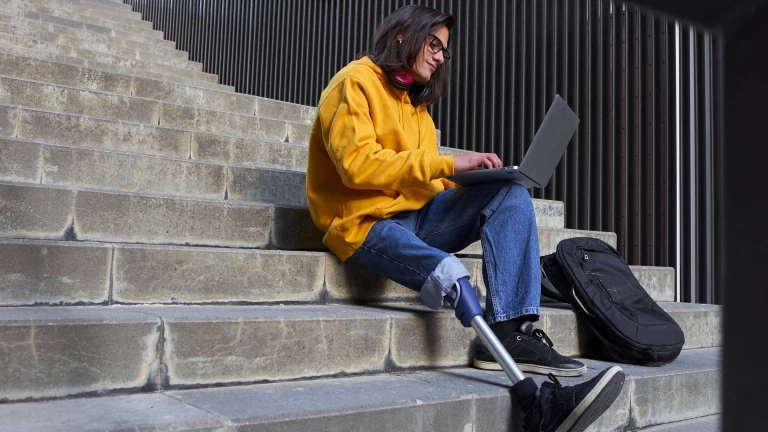
Three Tips for Leaders to Get the Future of Work Right
With the cultural shift sparked by the pandemic, BCG managing director & senior partner Debbie Lovich gives three essential tips to help leaders reinforce autonomy, let go of rigid corporate bureaucracy, and reshape work to better fit the lives of all employees.






























